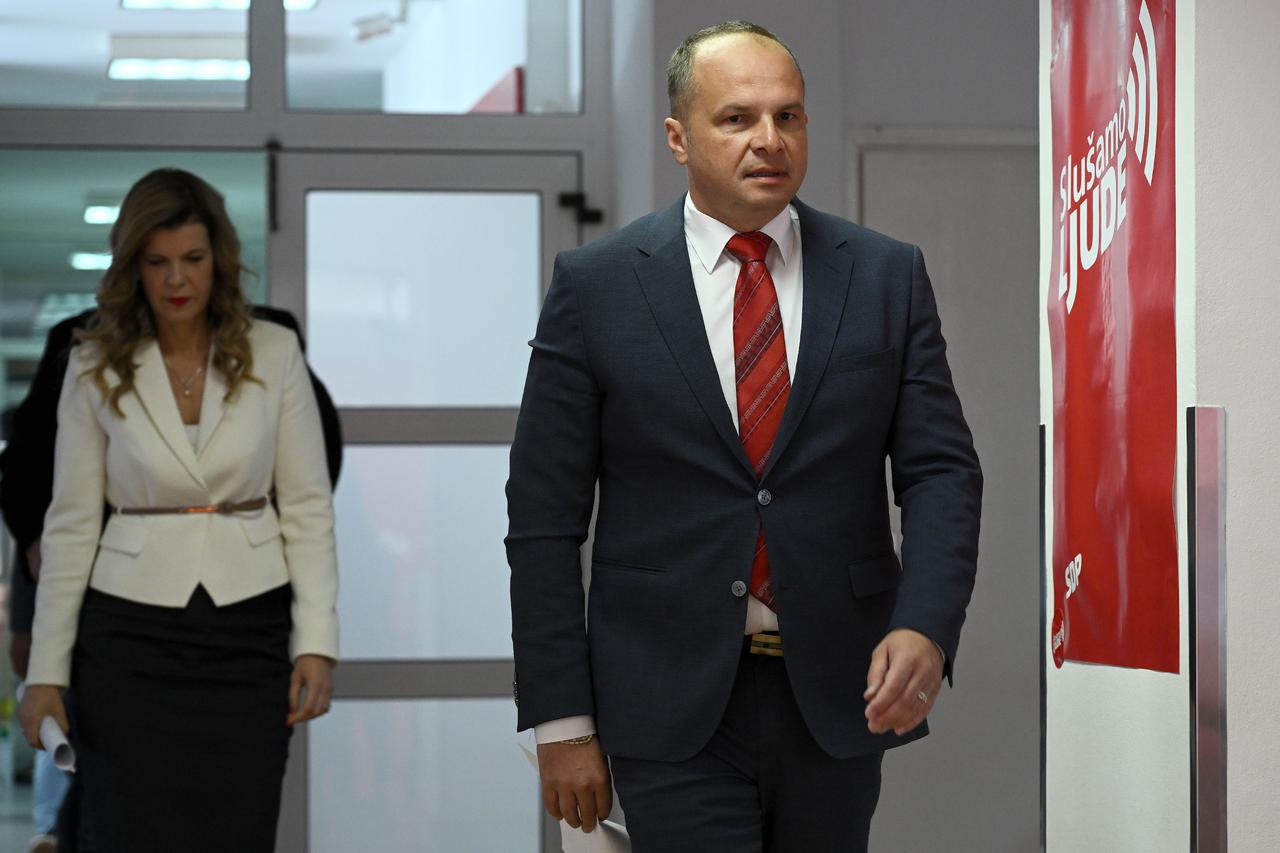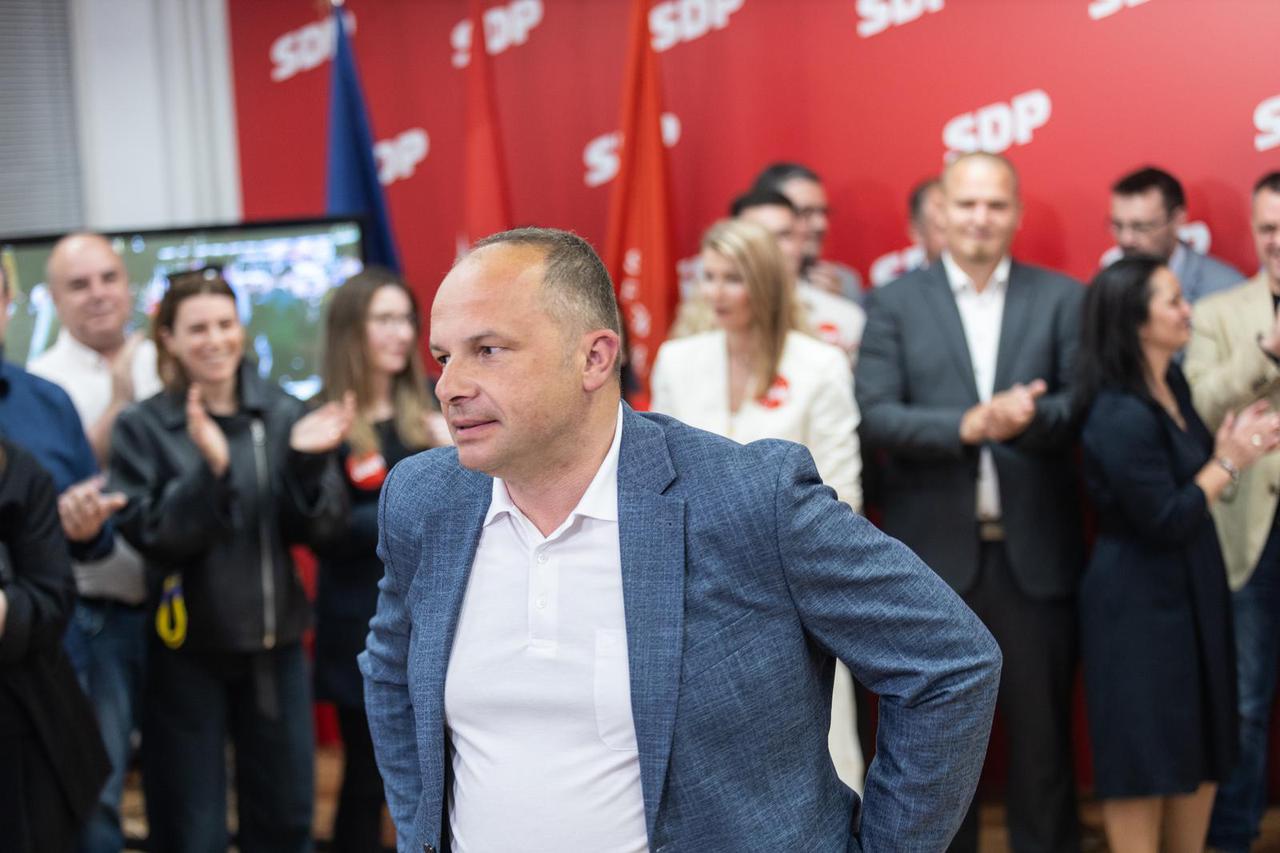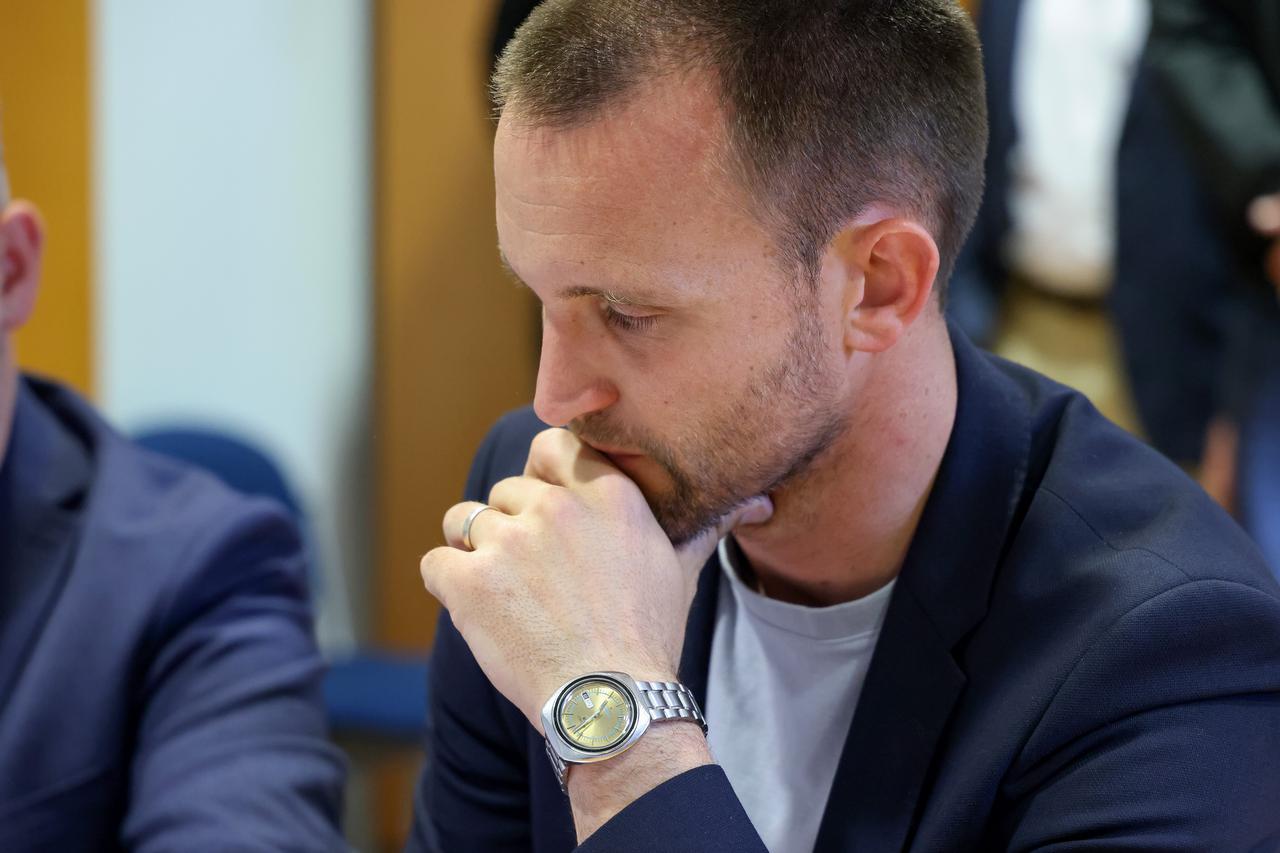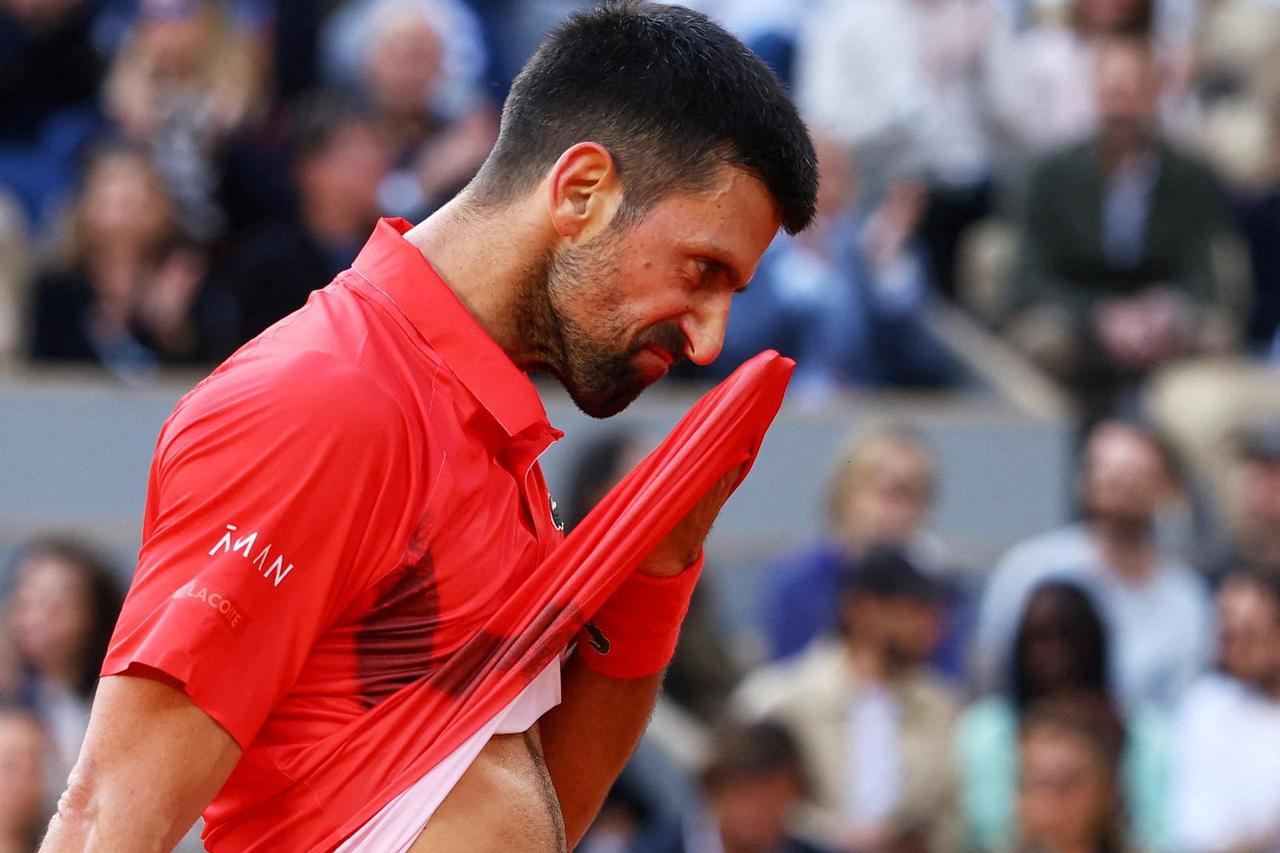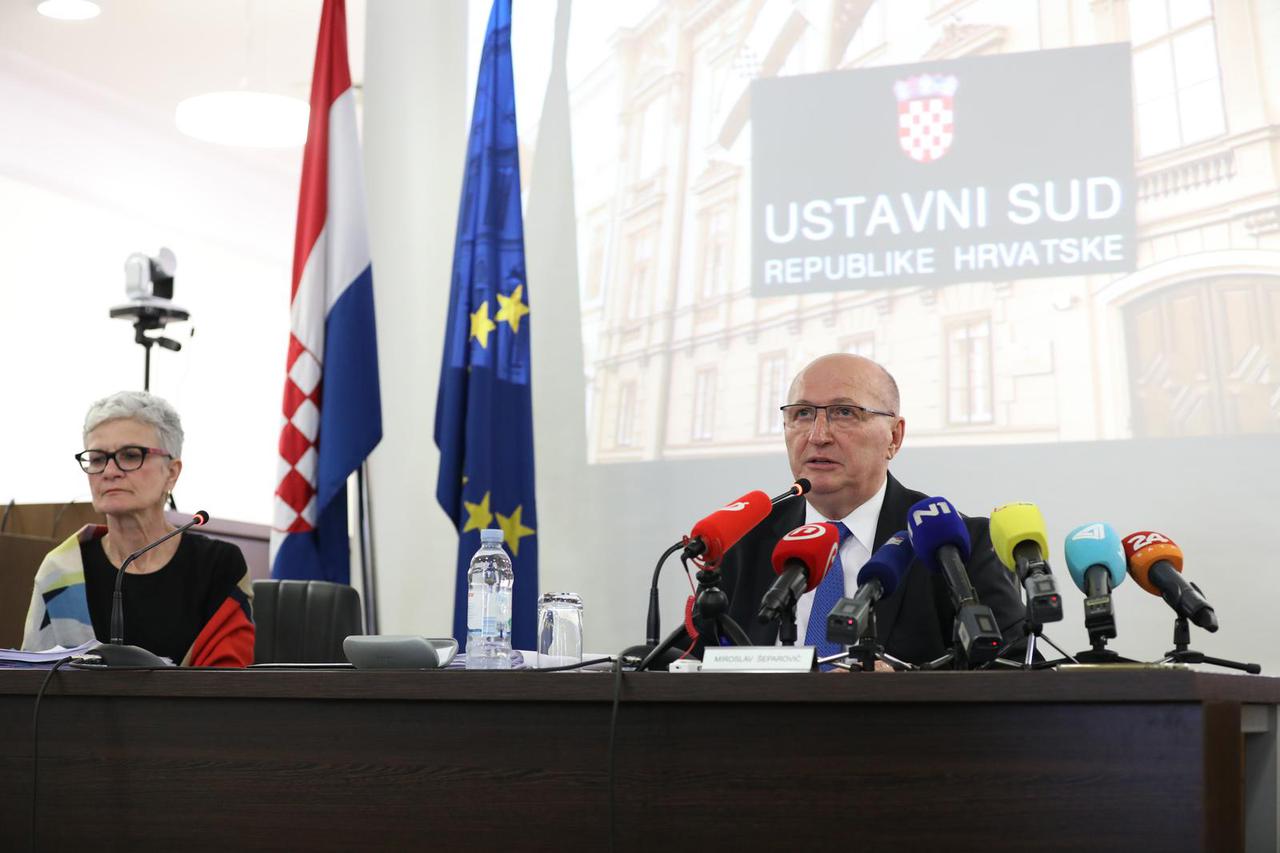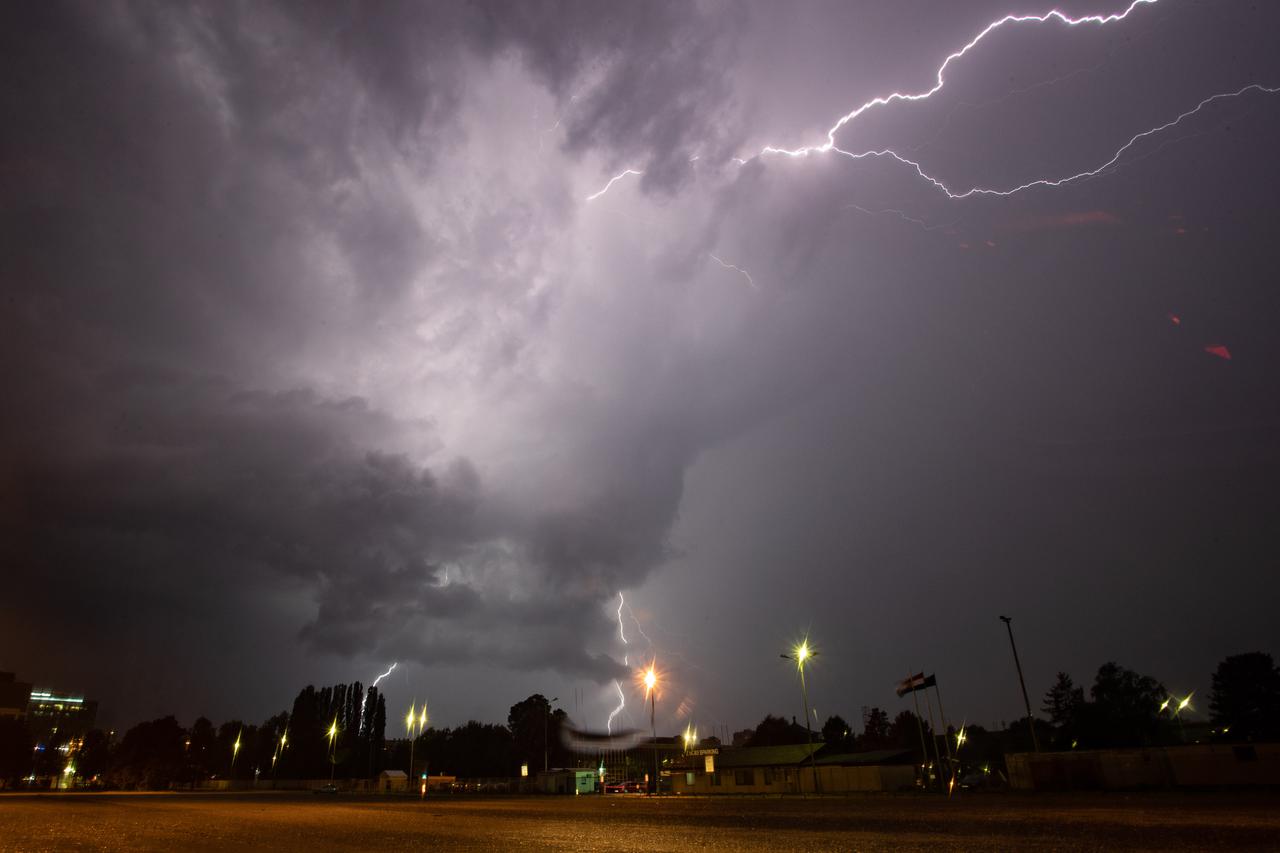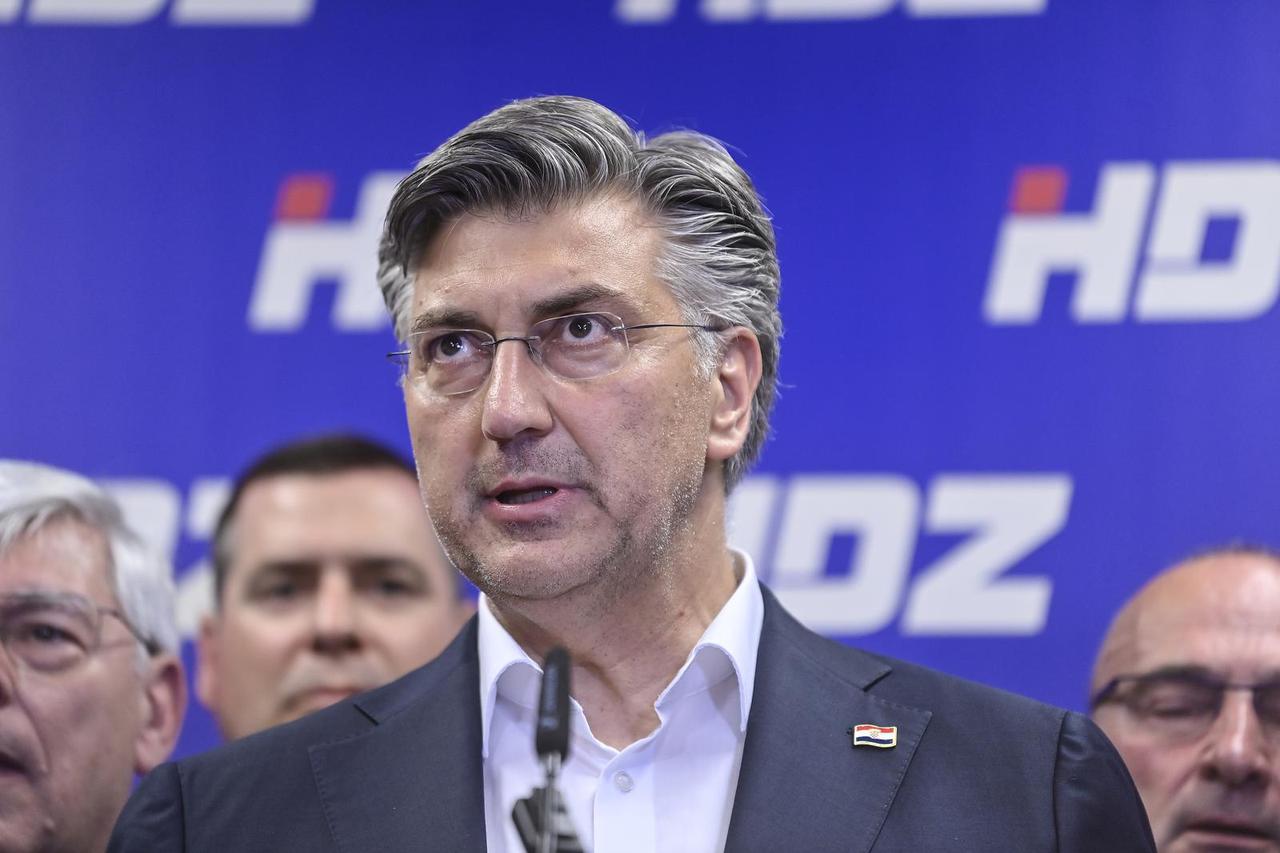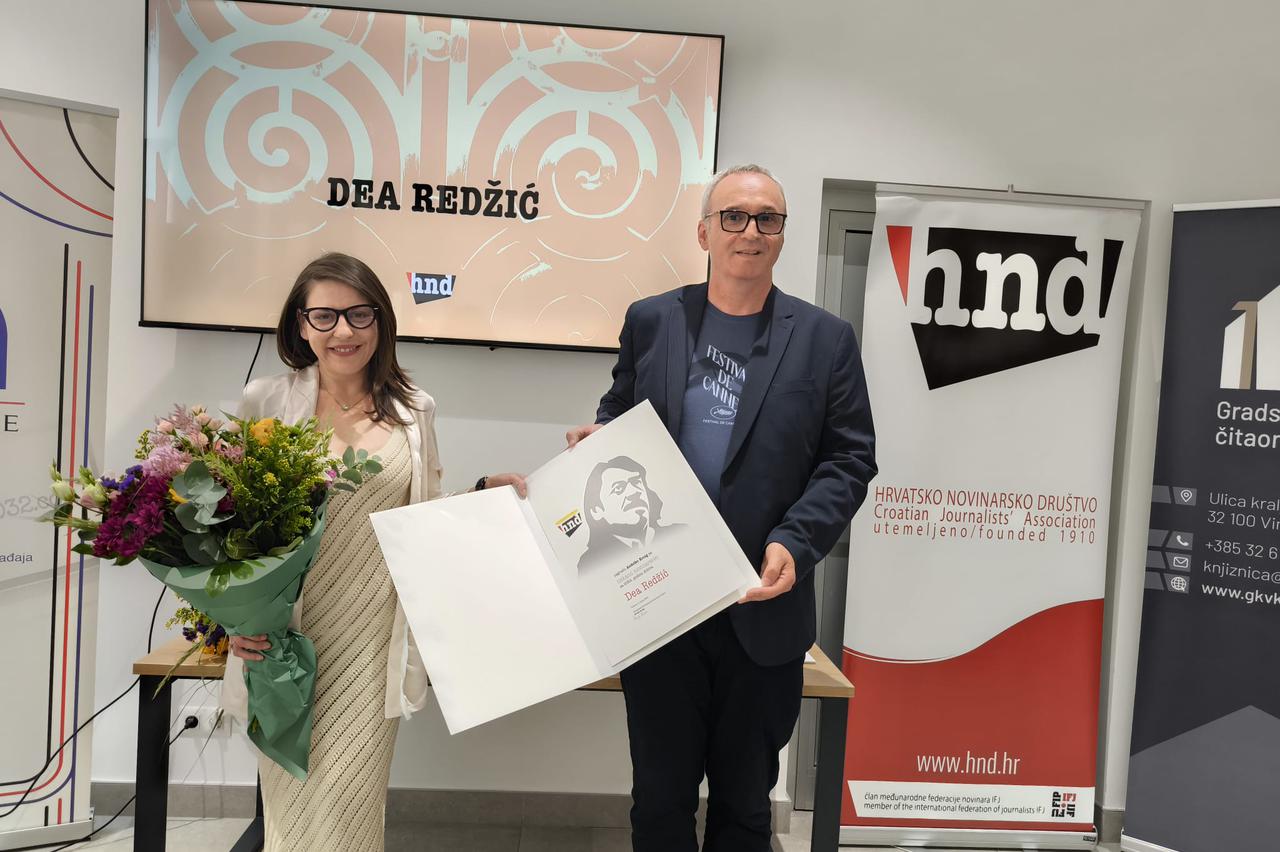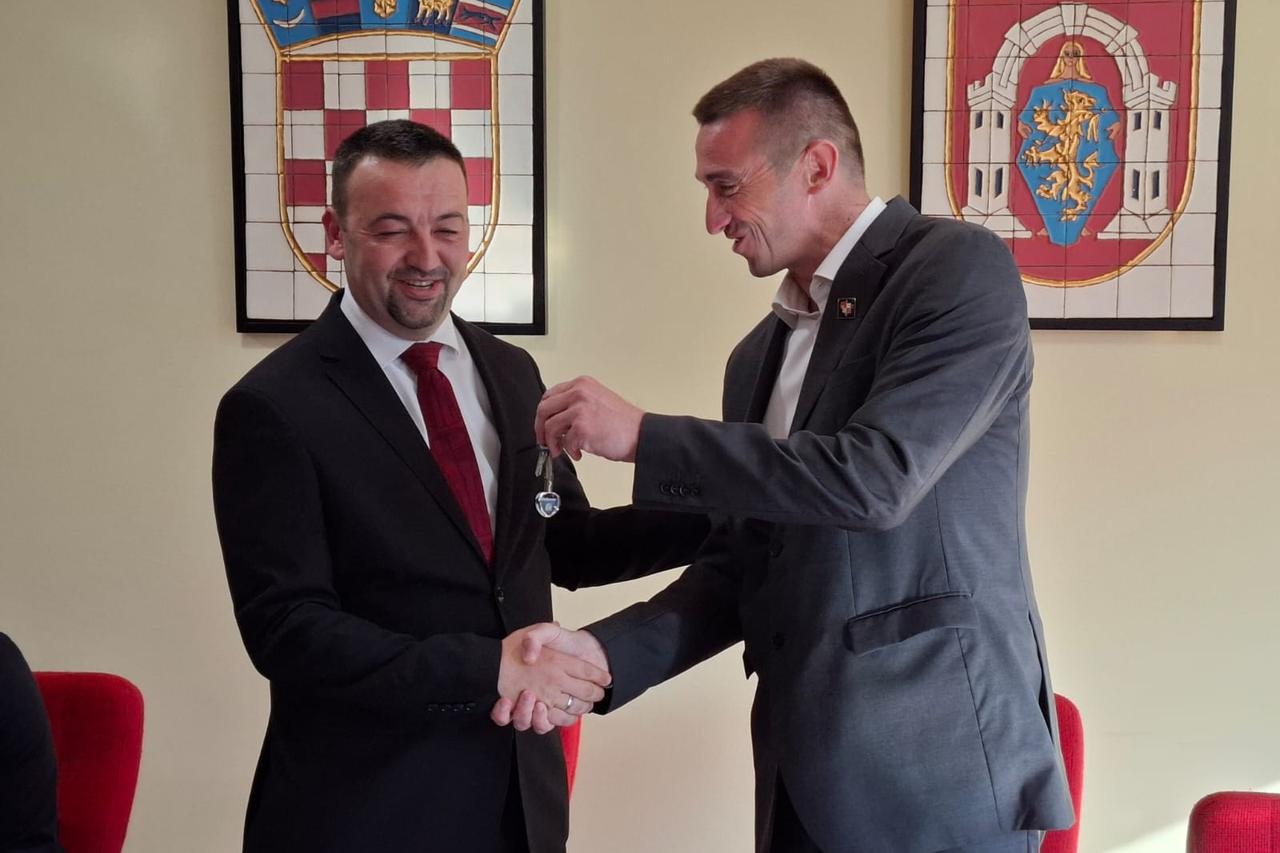The leadership of SDPA, led by Siniša Hajdaš Dončić, has dissolved the party leaderships in Zagreb, Split, Rijeka, and Osijek following poor results in the local elections. This move is seen as an attempt to absolve personal responsibility and gain full control over the party. Commissioners, mostly close associates of Hajdaš Dončić, have been appointed to reorganize local organizations and prepare the party for future elections. The dissolution has sparked mixed reactions within the party, with some viewing it as a necessary step towards reconstruction, while others criticize it as an attempt at centralizing power and avoiding accountability. The situations in Rijeka and Split are particularly problematic, with local organizations deeply divided and facing significant challenges. The dissolution in Osijek is considered less logical, as the local party leader achieved a relatively good result. In the coming period, the commissioners will have broad powers, including the ability to call or postpone internal party elections. There is also consideration to abolish the ‘one member one vote’ model in favor of evaluating work results. This situation highlights deep internal problems within SDPA and the need for serious reforms to make the party competitive in upcoming parliamentary elections.
Political Perspectives:
Left: Left-leaning reports emphasize the need for internal reform within SDPA and view the dissolution of local leaderships as a necessary step to address the party’s failures and prepare for future electoral success. They highlight the importance of accountability and criticize the previous leadership’s inability to connect with voters.
Center: Centrist perspectives present the dissolution as a pragmatic response to electoral losses, focusing on the organizational challenges SDPA faces. They note the appointment of commissioners as a way to stabilize and reorganize the party, while acknowledging internal divisions and the complexity of reforming party structures.
Right: Right-leaning narratives tend to criticize SDPA’s leadership for mismanagement and electoral failures, portraying the dissolution as a desperate attempt to cling to power. They emphasize the party’s decline and question its relevance in Croatian politics, often framing the move as ineffective and symbolic rather than substantive.







